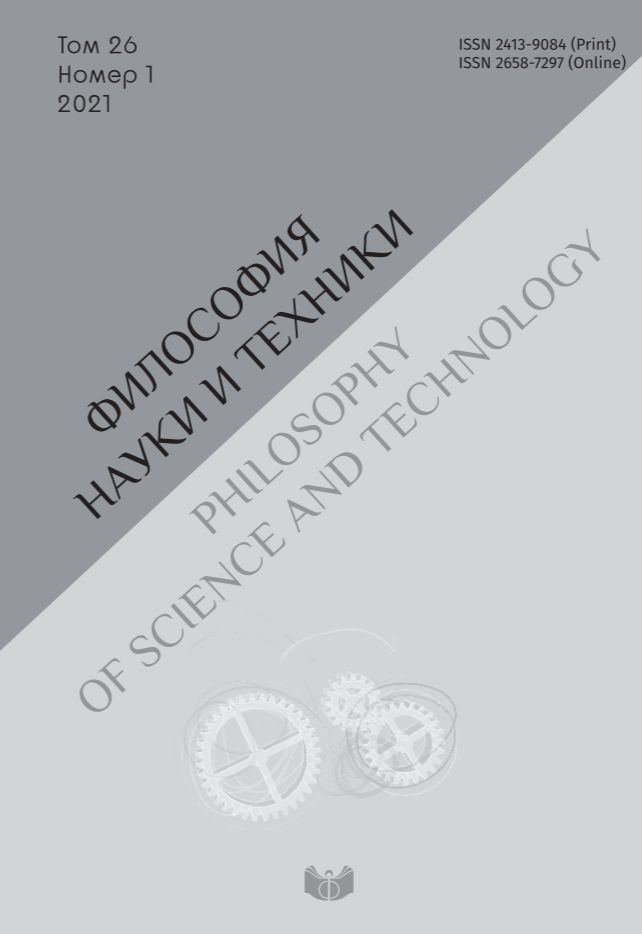The myth of the three crises in foundations of mathematics
Part 1
DOI:
https://doi.org/10.21146/2413-9084-2021-26-1-64-77Keywords:
philosophy of mathematics, foundations of mathematics, discovery of incommensurability, foundational crisis, historicityAbstract
The story of “the three crises in foundations of mathematics” is widely popular in Russian publications on the philosophy of mathematics. This paper aims at evaluating this story against the background of the contemporary scholarship in the history of mathematics. The conclusion is that it should be considered as a specimen of modern myth-making activity brought to the fore by an unconscious tendency to model the whole history of mathematics on the pattern of the foundational crisis of the first decades of the 20th century. What is more, the consideration of the specific role and character of the foundations in both early Greek mathematics and 18th-century mathematics gives an occasion to raise a more general question regarding the true meaning of the historicity of mathematics. The first part of this paper deals with the point whether there was a foundational crisis in pre-Euclidean Greek mathematics caused by the discovery of incommensurable magnitudes and Zeno’s paradoxes. The result is negative: we have no direct historical evidence of such a crisis; as for secondary considerations, they also mainly count against it. The idea of the first crisis in foundations of mathematics has emerged as a result of the unjustified transference of the modern grasp of foundational issues and the modern “mentalité de crise” to the ancient past.











